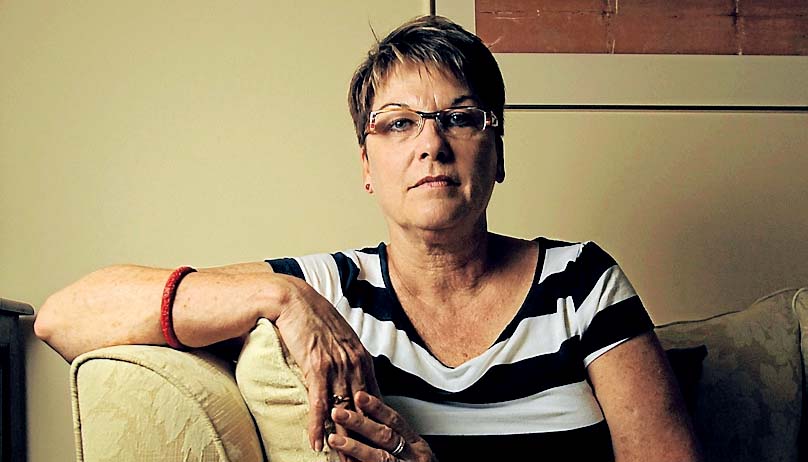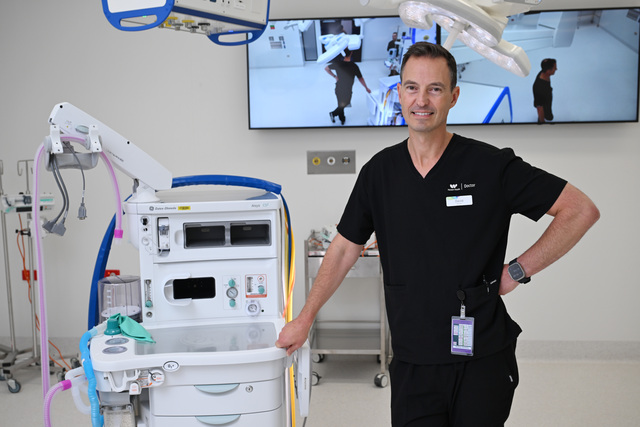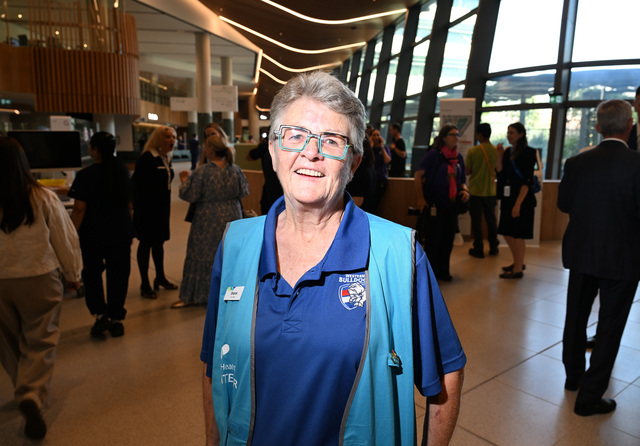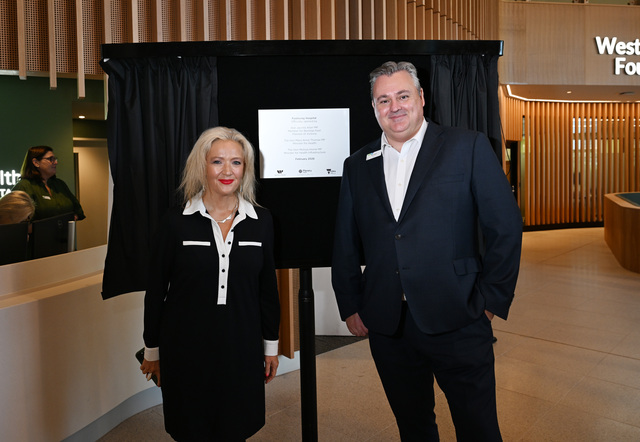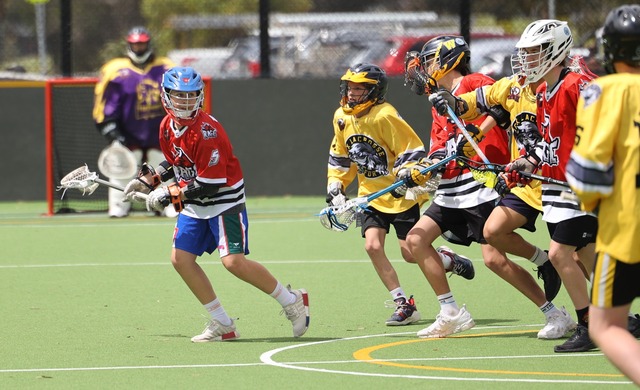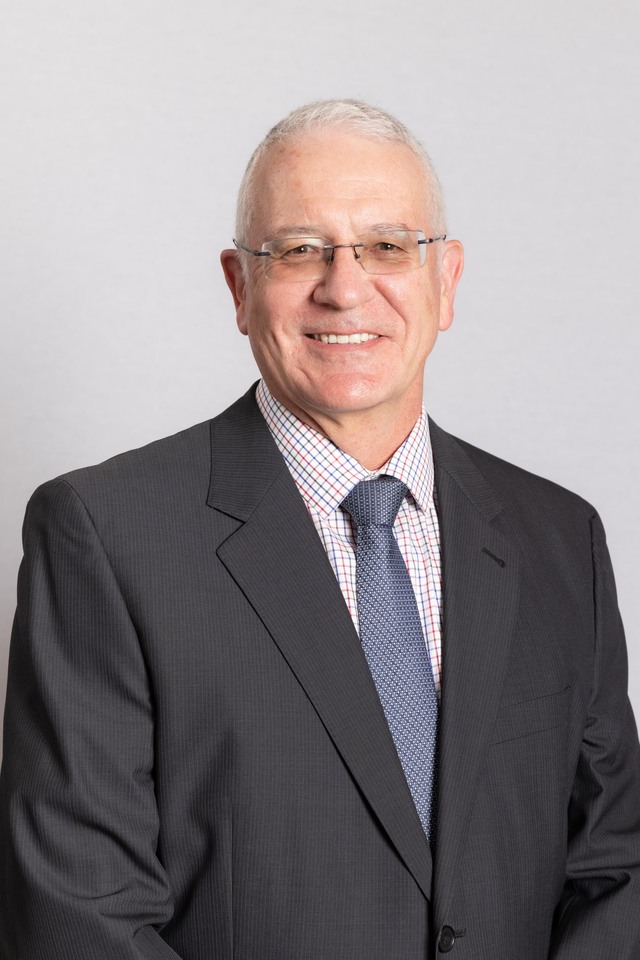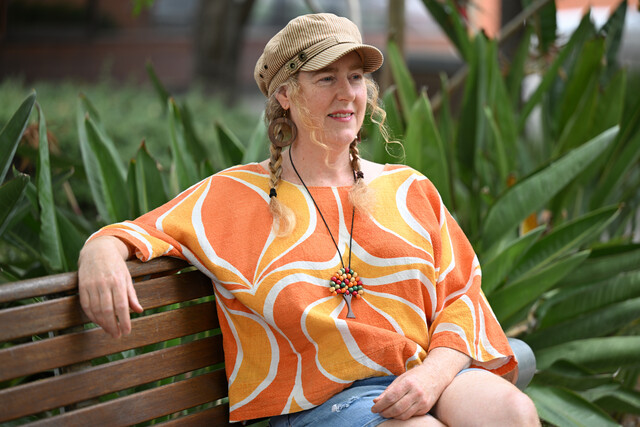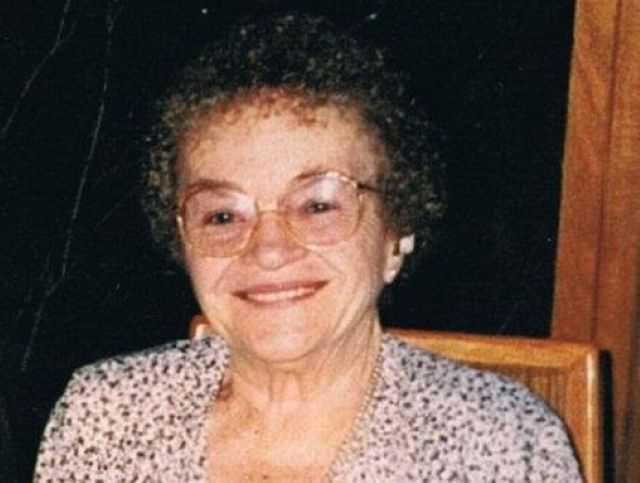MARGARET Urch’s life was changed forever in February 1997. The Kingsville woman’s husband, firefighter Rodney, died after being diagnosed with liver cancer months before, leaving behind Ms Urch and two children then aged 12 and 14. He was 42.
Fellow firefighters rallied in support of Mr Urch as he fought for his life, even offering to donate their sick days as his own dried up.
After his death, Ms Urch spent years fighting for compensation for her family, but her claims were never successful because she could not prove the cancer was caused by his working conditions.
Last week, Ms Urch welcomed the introduction of legislation in the upper house that would give Victorian firefighters compensation if they contract specific cancers after a set number of years.
The time period differs depending on the cancer.
“The life of my family was irreparably changed when Rod died,” Ms Urch said. “He died just as our kids were starting to be teenagers and become their own people.”
She said she knew of many of Mr Urch’s colleagues who had died or been diagnosed with cancer in the years following his death.
“I think this bill is fantastic because it would compensate young families that are left without their father or mother.”
The bill was introduced by Western Metropolitan Greens MP Colleen Hartland to support firefighters who contract cancer and other work-related diseases.
Former CFA chief Brian Potter said he and many of his colleagues had battled insurers to get compensation for cancers.
“One of the dilemmas is that unless you can quote exactly the incident that you were at, and precisely the materials that were burning . . . you find [yourself] at a critically difficult period,” he said.
Firefighters employed on federal sites, such as airports, have had laws changed so that they now get compensation for cancers known to have been caused by smoke and fumes.
Peter Marshall, of the United Firefighters Union, said it was a “ludicrous situation” that airport firefighters were protected while others were not, even if they were fighting the same fire.
Assistant treasurer Gordon Rich-Phillips said a Monash University study into the matter was under way. When it’s finished, the government would consider if action was necessary.

